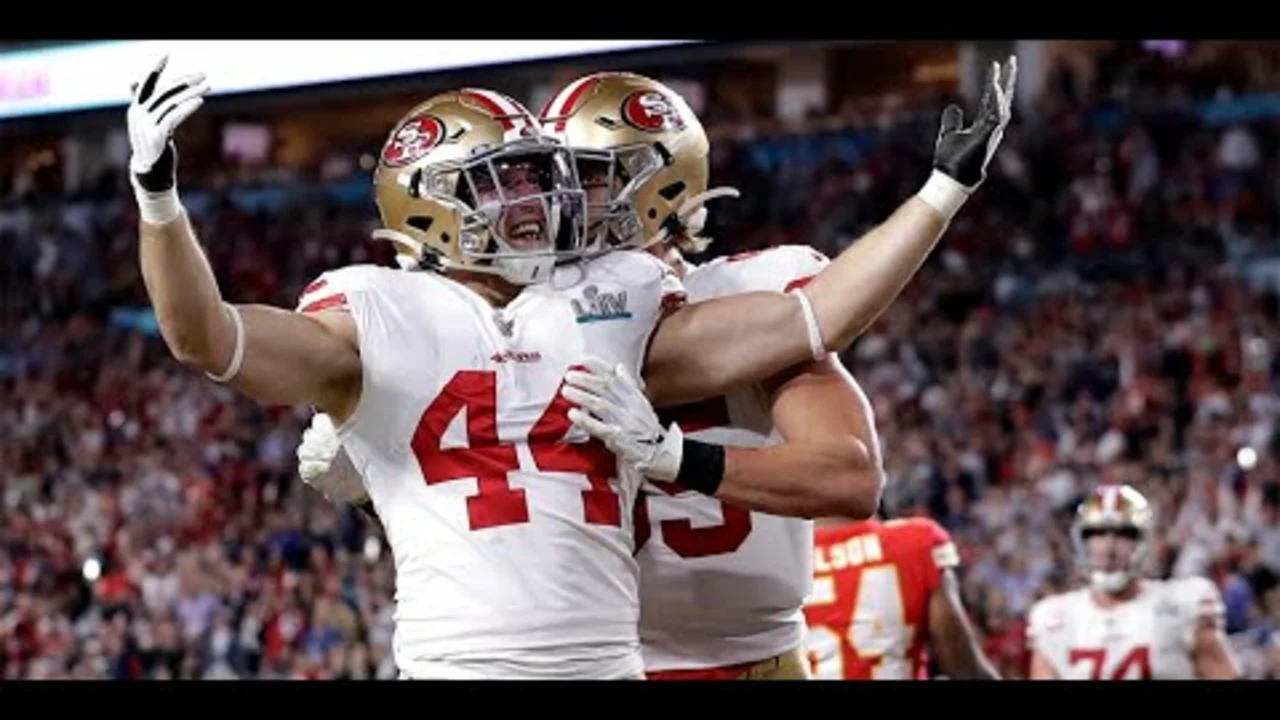International Perspective
When we talk about International Perspective, a broad view that looks at sports, culture, and politics beyond national borders. Also known as global outlook, it lets fans see how a match in São Paulo can spark a conversation in Tokyo or how a policy shift in Paris can affect ticket prices in New York. This angle isn’t just about geography; it’s about the ideas, traditions and power structures that travel with every ball, every cheer, and every headline. By stepping back from the local echo chamber, readers discover patterns that repeat across continents – whether it’s a club honoring a historic win, a league tweaking its schedule, or a government debating sports funding. The result is a richer, more connected experience that turns isolated events into pieces of a worldwide puzzle.
Why a global view matters
Take Football, the world’s most popular team sport, played in almost every country. Its fans drink the same chants, wear the same colors, and argue over the same tactical nuances, whether they’re watching a Brazilian club release a commemorative kit or a Premier League side juggle injuries. Yet the sport also mirrors political currents – a government’s stance on player transfers can reshape a club’s budget, and diplomatic tensions can delay international tournaments. In recent months, a French confidence vote and budget cuts have sent ripples through European football, affecting sponsorship deals and stadium projects. That’s why International Perspective helps you see how politics drives what happens on the pitch and why a change in one capital can shift the balance of power on another continent.
College athletics offer another lens for the global angle. College Sports, an American tradition that blends education, competition, and massive fan bases, may seem uniquely US‑centric, but its influence reaches far beyond campus borders. International student‑athletes bring different playing styles, creating hybrid tactics that later appear in professional leagues worldwide. Meanwhile, debates over eligibility rules, scholarship limits, and playoff structures echo discussions in European university leagues and Asian college tournaments. The cultural exchange sparked by a two‑loss team dreaming of a playoff spot or a dual‑sport athlete balancing academics mirrors the broader conversation about how sport can bridge cultural gaps. By examining these stories through an international perspective, you get a clearer picture of how local decisions resonate on a global stage, shaping what fans watch, how athletes train, and what policymakers prioritize.
What do non Americans think of US Super Bowl?
From my conversations and research, it seems that non-Americans have mixed feelings about the US Super Bowl. Many are fascinated by the sheer spectacle and entertainment value, especially the half-time show and the commercials. However, the actual game of American football can be confusing to them due to its complex rules. Some also feel it is overly commercial and indulgent. Yet, the Super Bowl's global impact is undeniable, contributing to its intrigue and drawing international viewership.


